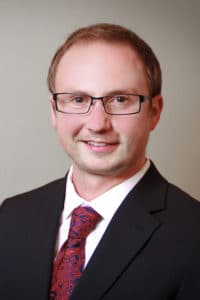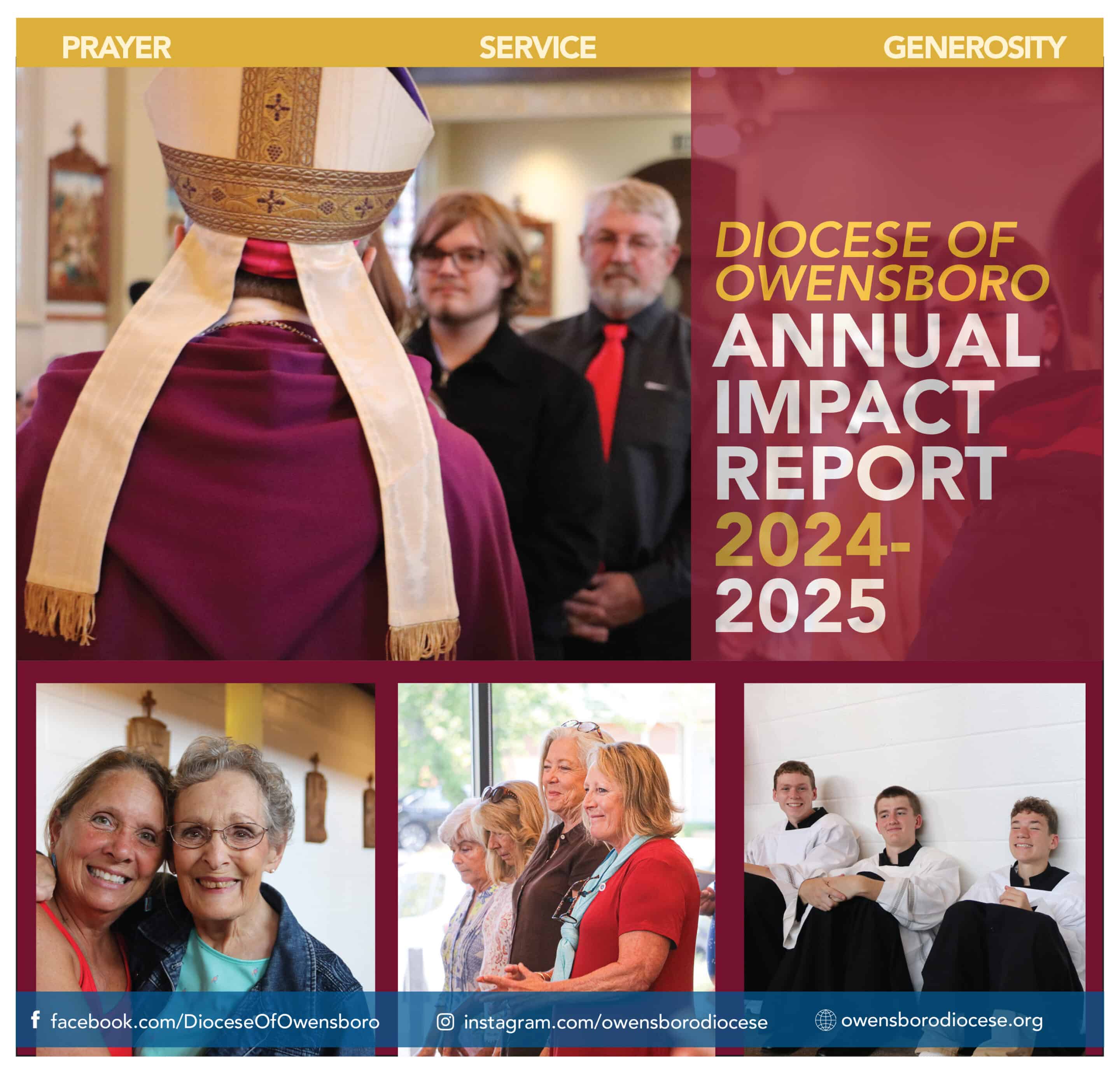‘God put me at that hospital’
Seminarian’s summer as clinical pastoral intern showed strength in compassion

Christopher Grief. FILE PHOTO
BY CHRISTOPHER E. GRIEF, SPECIAL TO THE WESTERN KENTUCKY CATHOLIC
Suffice it to say, spending the past summer nearly 1,000 miles away in the epicenter of the delta variant didn’t sound too appealing to me. Sure it was Florida, known for good food, beaches, and sunny weather but in the middle of a pandemic? You have to be joking, right?
When I first began seminary some four years ago, I often heard harrowing stories by upperclassmen telling how their summers spent as chaplains in accredited hospitals were the most intense experiences they had ever encountered. I often thought to myself, “I spent five years as a city carrier for the USPS and another nine as a manager at a large retail chain; how hard could being a chaplain be?” Over the course of this summer, I found out just how emotionally, physically, and mentally draining it was.
According to the website of the ACPE (Association for Clinical Pastoral Education), clinical pastoral education (CPE) “brings theological students and ministers of all faiths into supervised encounters with persons in crisis. Out of an intense involvement with persons in need, and the feedback from peers and teachers, students develop a new awareness of themselves as persons and of the needs of those to whom they minister.”
Little did I know that I would be accepted to a hospital nearly 1,000 miles away from the diocese at the time of my application. You see, most programs were either full or not accepting applicants due to the current pandemic. Ultimately, I found myself in Tampa, Florida, where the delta variant was raging through the state.
“She did not want prayer; she just wanted her last memory to be of a smiling face as she recounted her past. It wasn’t too long after my being with her that she grinned and told me thank you as she peacefully passed.”
Spending 12 weeks there in the Level I trauma hospital enveloped me in some of the most intense and gut-wrenching scenarios I have ever encountered during my 35 years of living. There was much to learn, and in this summer internship, I engaged people from all walks of life, ages, and beliefs that allowed me to enter into each person’s personal narrative. As I found out, chaplaincy is much more than prayer, but authentic relationships with persons/families despite their beliefs. Through the gift of listening, I realized that my strengths lay in my compassion; advocating for patients and their families.
I recall holding the hand of a dying woman who had no family or friends to support her. She did not want prayer; she just wanted her last memory to be of a smiling face as she recounted her past. It wasn’t too long after my being with her that she grinned and told me thank you as she peacefully passed.
While not every case was traumatic, I found my connection with people even more profound as I supported them. From holding a newborn baby girl to rushing alongside the bedside of a distressed teenager whose prognosis wasn’t very good to holding the hand of a dying individual, I found God working in every step of my time there. It was indeed God who put me at the hospital, knowing what I would face and all that I would gain from it, even if it was 1,000 miles away from comfort. Overall, CPE provided me a unique skill set that was not only intense and demanding but awe-inspiring and rewarding as I ministered to people of all different backgrounds.
I remain thankful for this profound experience and look forward to seeing how it will continue to influence my ministry in the future.
Christopher Grief is a seminarian in third year theology for the Diocese of Owensboro currently studying at St. Meinrad Seminary and School of Theology in St. Meinrad, Ind. His home parish is St. John the Evangelist in Paducah.
Originally printed in the October 2021 issue of The Western Kentucky Catholic.

